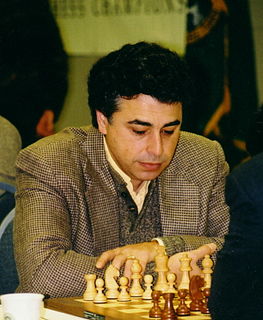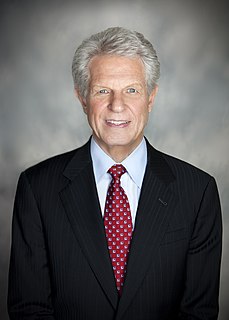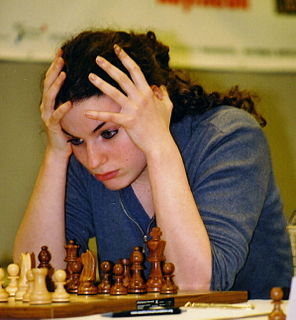A Quote by Yasser Seirawan
Describing one competitive advantage of IBM's Deep Blue chess computer. It has no fear.
Quote Topics
Related Quotes
Like Dvoretsky, I think that (all other things being equal), the analytical method of studying chess must give you a colossal advantage over the chess pragmatist, and that there can be no certainty in chess without analysis. I personally acquired these views from my sessions with Mikhail Botvinnik, and they laid the foundations of my chess-playing life.
I used to play a lot of chess and competitive chess and study chess and as you get to the grandmasters and learn their styles when you start copying their games like the way they express themselves through... The way Kasparov or Bobby Fischer expresses themselves through a game of chess is it's astonishing. You can show a chess master one of their games and they'll say "Yeah, that is done by that player."
I love the competitive aspect of it [business]. It's like playing chess. Why do people play chess? Knowing the realm of moves? Even when you get to be a chess master, there are other chess masters you want to beat or outperform. And to me business is just a sport that I love to compete in; a continuous intellectual challenge that really motivates me.
Most chess books only sell a few thousand copies, and a book titled something like "Women in Chess" would sell even fewer. The idea with this title was to spread the book outside the competitive chess world. I'm interested in attracting readers who love chess but play only casually, and feminists interested in male-dominated fields.
































